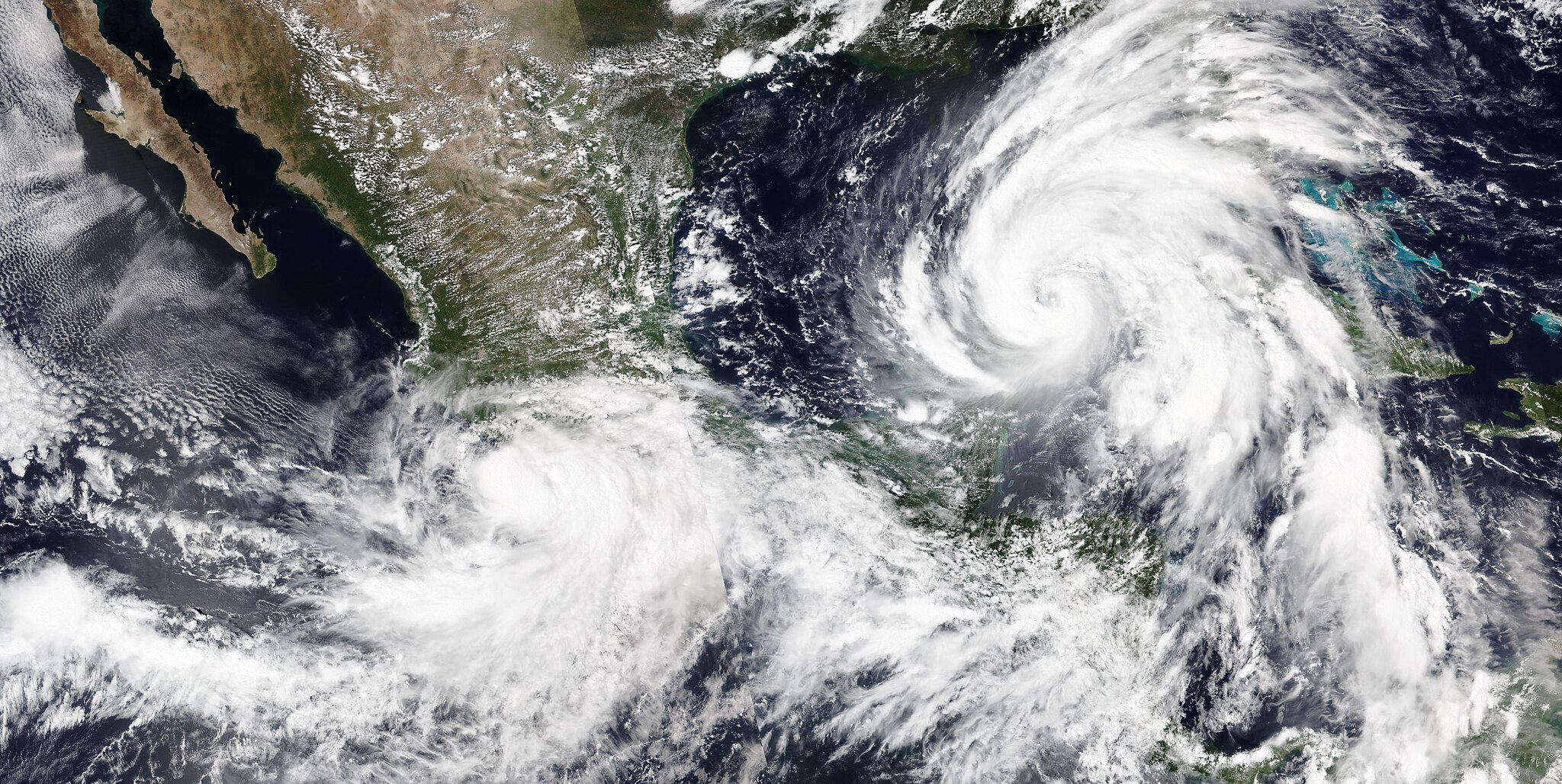Here is a quick look at our Hurricanes Narrative Intelligence brief.

This Hurricanes narrative is driven by 486 sources in the U.S. Media module, amplifying 3,415 narrative items.
Today, our Narrative AI highlights ongoing tropical storm activity in the Atlantic. These narratives highlight the potential impacts of multiple storms, including heavy rain, flooding, and hurricane preparations, emphasizing the interconnectedness of weather systems and their implications for affected regions.
The Atlantic hurricane season, peaking from mid-August to mid-October, poses significant challenges for the southeastern United States, particularly in states like Louisiana, Texas, and the Carolinas.
Geography: These regions are vulnerable due to their geography, which includes low-lying coastal areas prone to flooding and storm surges.
Demographics: The demographic composition of these states often includes a mix of urban and rural populations, with many communities relying on agriculture and fishing, making them particularly susceptible to the economic impacts of severe weather.
Society: The threat of hurricanes exacerbates existing vulnerabilities, especially for low-income populations who may lack the resources to evacuate or prepare adequately. The political landscape often influences disaster response and recovery efforts, with local and state governments needing to coordinate effectively to manage evacuations and provide aid.
Economics: hurricanes can disrupt local economies, leading to job losses and damage to infrastructure. The potential for heavy rainfall and flooding from storms like Francine and Helene could further strain resources in areas already recovering from previous disasters.
National Security: From a military perspective, the U.S. Coast Guard and National Guard play crucial roles in disaster response, conducting search and rescue operations and providing support to affected communities. National security considerations also come into play, as the federal government must ensure that emergency services are prepared to respond to natural disasters, which can be exacerbated by climate change.
Overall, the combination of demographic factors, social vulnerabilities, economic dependencies, and political dynamics creates a complex landscape for managing the impacts of tropical storms and hurricanes in the southeastern U.S.
Our Kudzu Narrative Intelligence brief auto-updates every few hours with fresh analysis:
Note: Kudzu Narrative Intelligence briefs update every few hours. Very likely, the Narrative Analysis above will have changed as well.
Image Credit for Article Header: NASA, Public domain, via Wikimedia Commons